Perfumery and aromatherapy
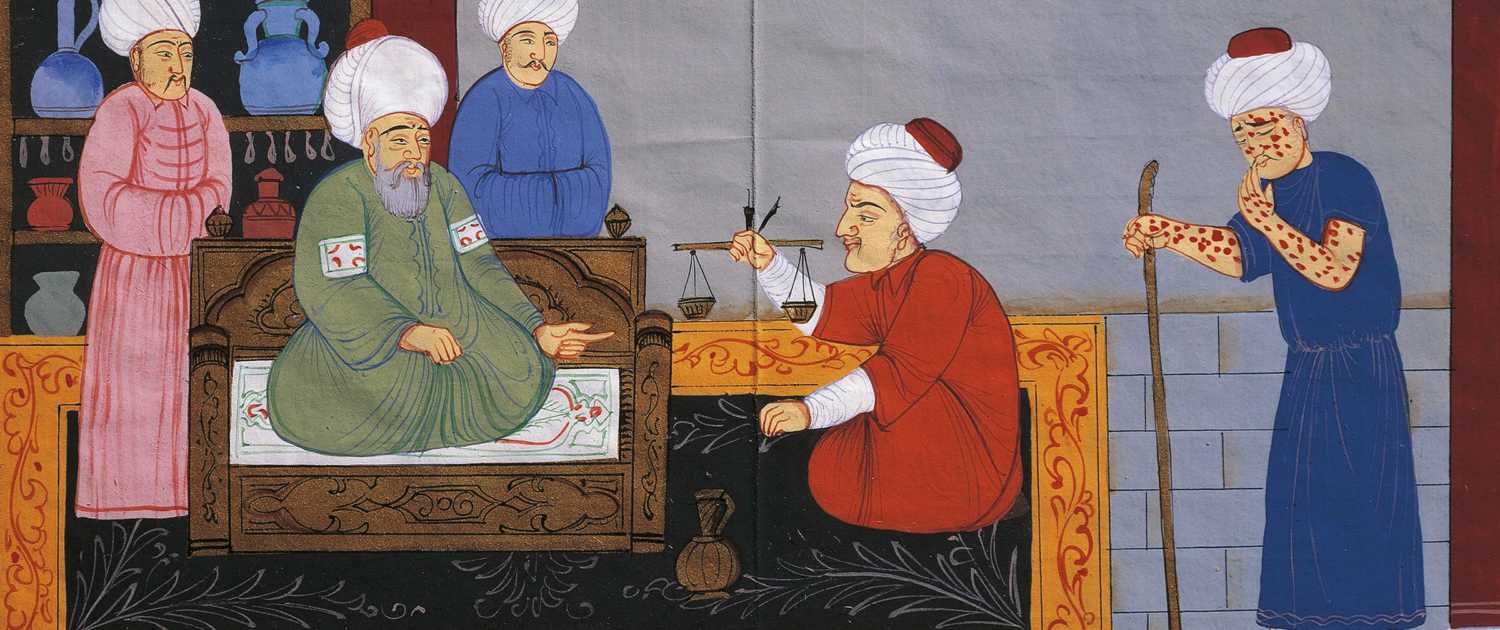
Preparation of medicines for the treatment of a patient suffering from smallpox, miniature from the Canon of medicine, by Avicenna (980-1037), Ottoman manuscript, Turkey, 17th century; (add.info.: Istanbul, Istanbul Universitesi Kutuphanesi (University Library)); De Agostini Picture Library / G. Dagli Orti; out of copyright
Honoring the guest is much more than a part of the tradition of Islam, it is part of its fundamentals.
During my years of traveling in the Muslim world, I have been a guest all the time. This is how I have learned the art of receiving guests.
When you are guest of a perfumer, you would hope to be invited to smell some very special perfumes, to try them or even to be offered some.
Certainly, I do not disappoint my guests in their expectations, but I stupefy them when I serve them tea or coffee flavored with the essences of exotic species. Cardamom, Ginger, Mint, Lemon …
Or when I add to the drinking water a drop of rose or peppermint, when I spray over the cookies essential oil of grapefruit or lemon, aromatic water of bay laurel and rosemary over the salad or the food.
If they come to me with some cold or other illness, I prepare for them some honey with a few drops of Ginger or frankincense…
Then I say to them my favorite phrase: “Never trust a perfumer who does not drink his perfumes.”
What would you say about a person who has shelves full of medicines to cure all diseases.
These medicines have wonderful colors and this person has decided to be a painter in life, and he uses them only for that. He does not want to know in the least how they can be used for healing.
So when his family or his friends fall ill he cannot use the remedies that he has at hand to relieve their suffering and to heal them. Would not you say that this person is ignorant?
The natural perfumer who does neither study nor practice Aromatherapy, content to just make perfumes, is like this person.
The history of perfume dates back to ancient times when it was associated with the sacred, with the spiritual and with the healing.
Perfume making was the privilege of priests and healers, and often the healing art was reserved to priests themselves. The use of aromatic materials was mostly limited to religious and medical use.
Then the advent of Islam 14 centuries ago. The personal use of perfume was made compulsory to all Muslims for:
- After the shower for the congregational prayer on Friday
- The purification of women after their menstrual flow
- Entering the state of purification for the pilgrimage
- The purification of the dead during the washing ritual
This is when perfume, while maintaining its sacred and medical use, passed from the hands of a few priests and doctors at the hands of everyone.
This was the first democratization of perfume. It was no longer restricted to either a social class (nobles), a religious one (rabbis, priests), or an economic one (the rich). Everyone in the community of Islam had the obligation to use perfume if they could.
In Jewish mysticism, all senses give pleasure to the body, except for the sense of smell that gives pleasure to the soul. Goods scents elevate spiritually.
With Islam, perfume became a means to spiritualize the life of people.
The profession of perfumer was born then, he was a “doctor perfumer”, who healed the hearts and the bodies.
The hearts are cured with the emotions that the smelling of perfumes procures and the bodies are cured with the molecules that these perfumes contain.
Because the molecules that cure the body are the same that make the smell, it is impossible to dissociate the healing of the hearts from the healing of the body, as much as it is impossible to dissociate the smell from the perfume.
In the perfume, pleasure and spirituality are one. Physical and emotional healing are one. The natural perfumer is a healer, willingly or unwillingly.
See also:


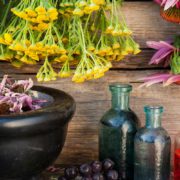
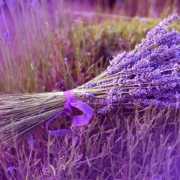
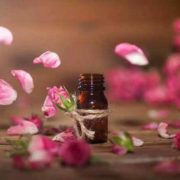

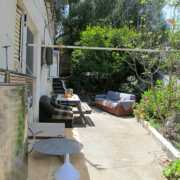
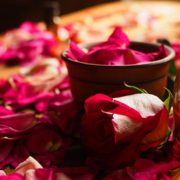
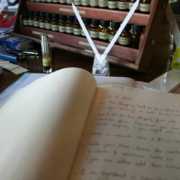













Don’t know if I should use the anti shark mix or the baciotto one in my toothpaste. Could you advise me?
It is the Bacetto that is to be used with or instead of toothpaste.